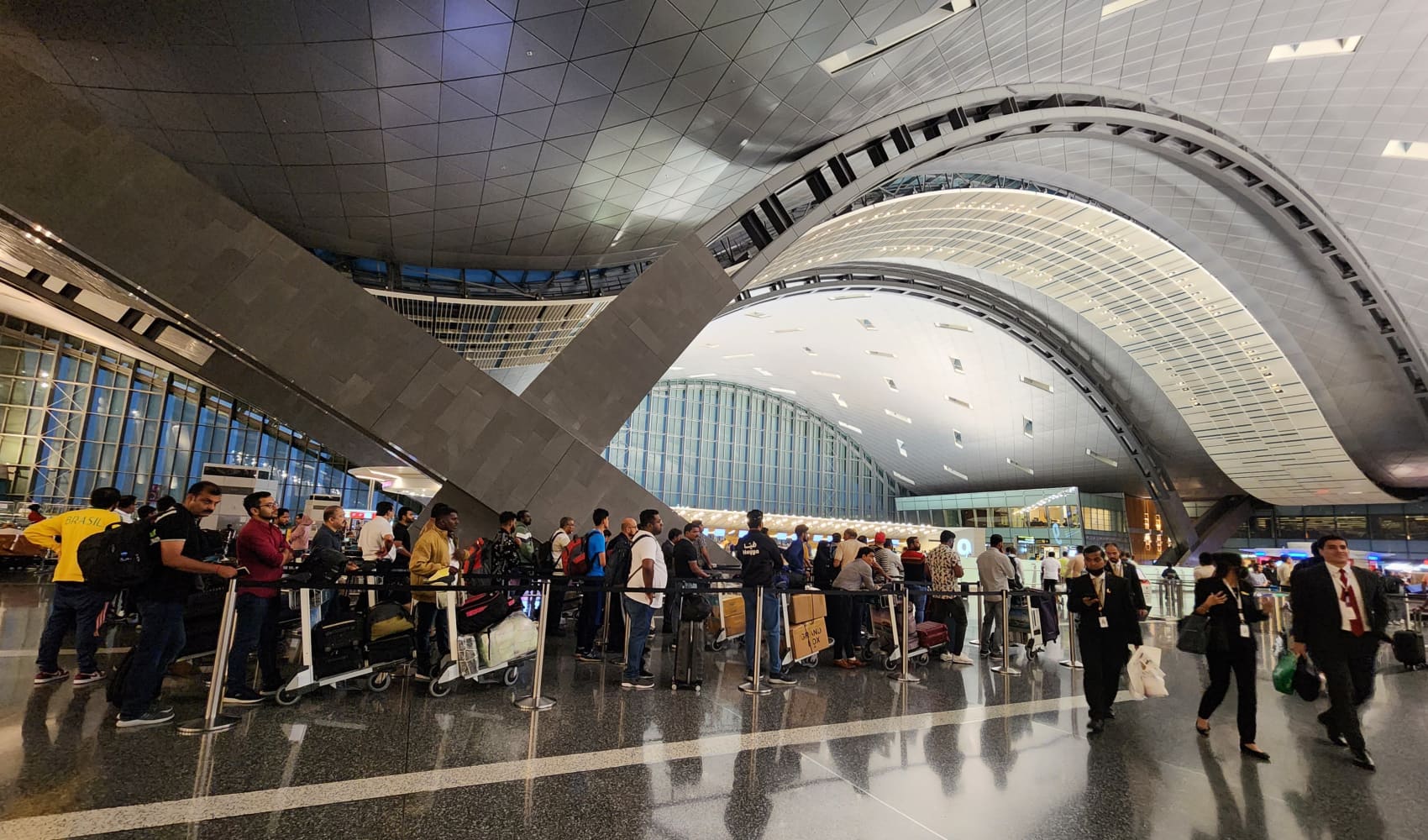
- Kraken will open an office in Abu Dhabi and become the first exchange to offer UAE dirham trading after receiving a full license to operate in the country, Curtis Ting, Kraken’s managing director for Europe, the Middle East and Africa, told CNBC.
- A sense of “greater regulatory clarity” is the reason for the influx of cryptocurrency businesses in Dubai and Abu Dhabi, according to Citi.
- The Middle East is one of the fastest-growing cryptocurrency markets in the world, making up 7% of global trading volumes, according to Chainalysis.
ABU DHABI, United Arab Emirates — U.S. cryptocurrency exchange Kraken is expanding into the Middle East and will open its regional headquarters in Abu Dhabi after receiving a full license to operate a regulated trading platform in the UAE.
"We're incredibly excited to be able to set up our operations right in the ADGM [Abu Dhabi Global Market] itself to operate a virtual asset platform that finally offers Dirham pairs for investors in the region," Curtis Ting, Kraken's managing director for Europe, the Middle East and Africa, told CNBC's Dan Murphy.
Kraken will become the first cryptocurrency exchange to offer direct funding and trading in UAE dirhams against bitcoin, ether and a range of other virtual assets, after gaining regulatory approval from the ADGM and Financial Services Regulatory Authority for its local launch.
Feeling out of the loop? We'll catch you up on the Chicago news you need to know. Sign up for the weekly Chicago Catch-Up newsletter here.
"For us, it's really important to facilitate access to global markets and global liquidity by making sure that investors and traders in the region have access to local currencies," Ting said.
Kraken, which launched in 2011 and operates in over 60 countries, said the UAE launch marks a wider play into an increasingly lucrative region. The Middle East is one of the fastest-growing cryptocurrency markets in the world, making up 7% of global trading volumes, according to Chainalysis.
The UAE transacts approximately $25 billion worth of cryptocurrency each year. It ranks third by volume in the region, behind Lebanon (about $26 billion) and Turkey ($132.4 billion), according to Chainalysis data studied between July 2020 and June 2021.
Money Report
"One of the reasons we see an influx of entrepreneurs, builders, operators and developers coming into Abu Dhabi and Dubai … is because there is a sense of greater regulatory clarity at ADGM, in Dubai, and at a federal level," Ronit Ghose, global head of fintech and digital at Citi, told CNBC's "Capital Connection" on Thursday.
"It's frankly amazing some of the talent the UAE has attracted in the last 12 to 24 months during COVID," Ghose said. "Is it really beginning to establish itself as both a crypto hub and a Web3 hub."
More competition
Binance, the world's largest crypto exchange by trading volume, is among those also considering a bigger presence in the Middle East, where cryptocurrency trading is becoming increasingly mainstream.
Binance was given approval to operate in Abu Dhabi in recent weeks, and will recruit for over 100 positions in the country. Fellow exchange Bybit was also given approval to open a headquarters in Dubai last month, while FTX also received a virtual-asset license in Dubai and will set up a regional headquarters soon.
Rival financial centers in Singapore and Hong Kong are also hoping to create fully regulated environments for cryptocurrency trading, seeking to deepen regulatory mechanisms to attract investment and trading volumes in an increasingly competitive landscape.
'Gray list'
But while the Emirates might be winning over some of the world's largest crypto companies, it's also coming under increasing international scrutiny for not doing enough to crack down on so-called dirty money flows.
Amid the war in Ukraine — and with Russians hoping to stash their savings in safer assets like Dubai's property market — crypto firms in the UAE have been inundated with requests to liquidate digital currency, according to Reuters.
Last month, the world's main anti-money laundering watchdog, the Financial Action Task Force, also placed the UAE on its "gray list" of countries that need extra monitoring. The UAE joins Syria, Turkey and Panama in a list of countries which, according to the FATF, need to address money-laundering threats.
"It is important for us to pay attention to AML (anti money laundering) to KYC (know-your-customer) and other important compliance matters," Ting told CNBC.
"I think trust needs to be placed in the controls that regulators are putting in place to make sure that if a consumer is going to be exposed and have access to platforms that offer cryptocurrencies, they're doing so in a way that there's some accountability."
Correction: This story has been updated to correct the job title of Ronit Ghose.
Clarification: This story has been updated to restate the information on liquidity requests to UAE crypto firms.






